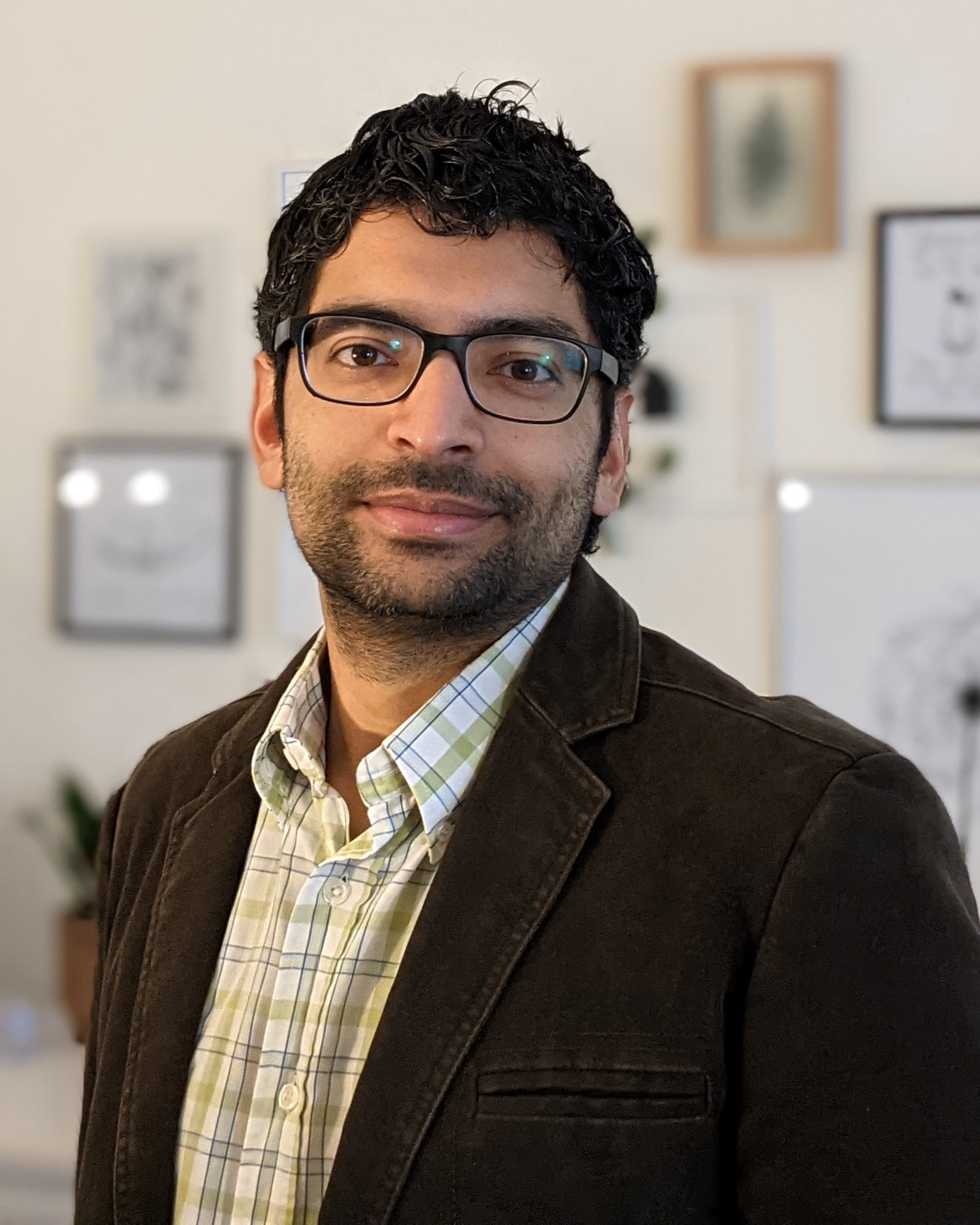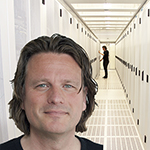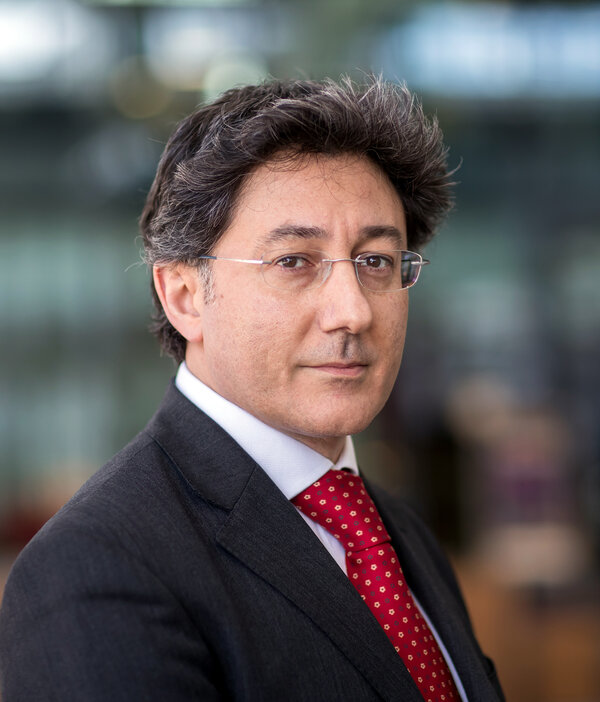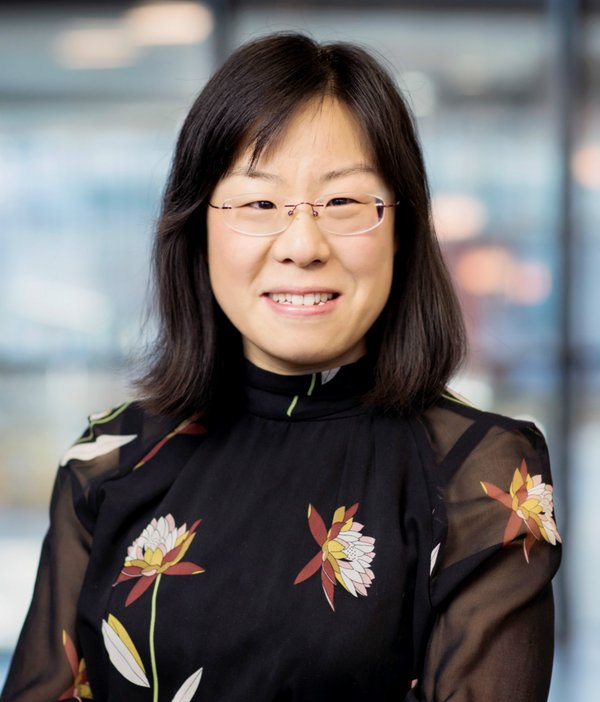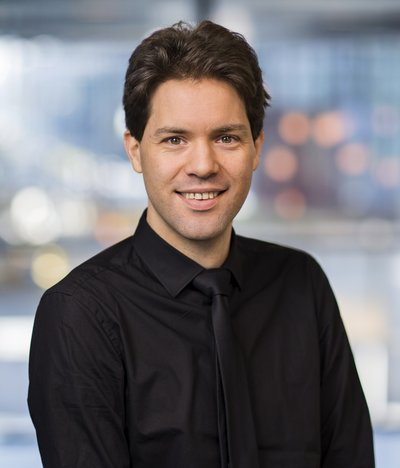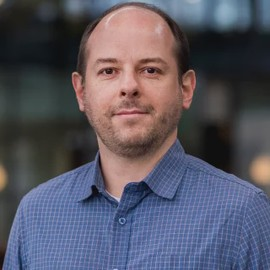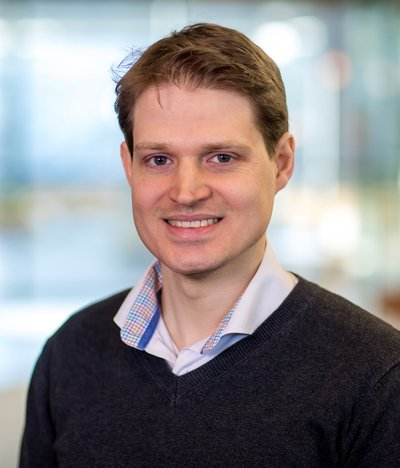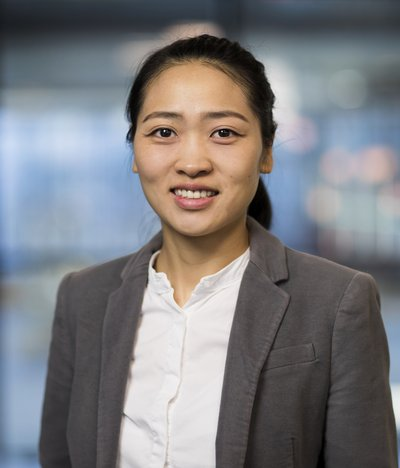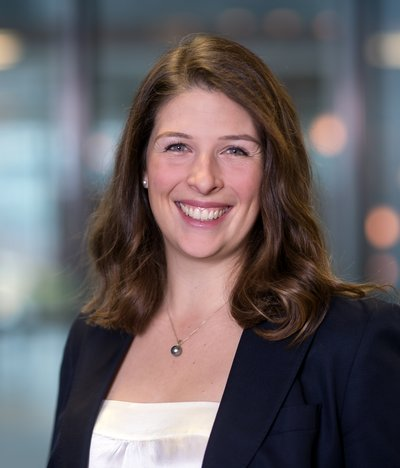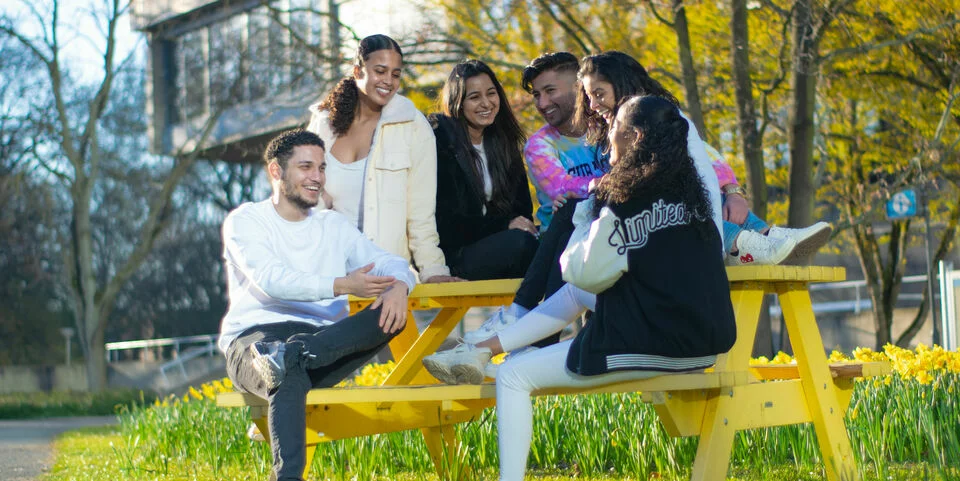Autumn HPC School '24
Supercomputing at the Autumn HPC School! This 2-week program is perfect for students and researchers keen to explore the world of AI and high-performance computing. Join us for our excellent keynotes and workshops and unlock the power of HPC.
This event is free of charge with only limited seats available, please register yourself quickly if you're interested!
This HPC School is made possible through the collaboration between the TU/e Supercomputing Center, SURF & EuroCC Netherlands.
Registrations for the Autumn HPC School 2024 are closed. Please contact hpc-training@tue.nl for further information
Schedule
- Tue29OctSupercomputing Primer I09:00 - 14:00 Neuron 0.354
- 12:00 - 13:00Lunch
-
- Wed30OctSupercomputing Primer II09:00 - 14:00 Neuron 0.354
- 12:00 - 13:00Lunch
-
- Thu31OctIntroduction to Supercomputing + Filesystems09:00 - 14:00 Neuron 0.262
- 12:00 - 13:00Lunch
-
- Mon04NovManaging multiple job submissions with QCG-PilotJob09:00 - 14:00 Neuron 0.354
- 11:00 - 12:00Keynote: Frederico Toschi
- 12:00 - 13:00Lunch
-
- Tue05NovHigh Performance Deep Learning I09:00 - 17:00 Neuron 0.266
- 11:00 - 12:00Keynote: Shuxia Tao
- 12:00 - 13:00Lunch
-
- Wed06NovHigh Performance Deep Learning II09:00 - 17:00 Neuron 0.262
- 12:00 - 13:00Lunch
-
- Thu07NovEnergy Aware Simulations09:00 - 14:00 Neuron 0.354
- 12:00 - 13:00Lunch
-
- Fri08NovParaView for (remote) visualisations09:00 - 14:00 Neuron 0.354
- 11:00 - 12:00Keynote: Joaquin Vanschoren
- 12:00 - 13:00Lunch
-
Speakers
Supported By
- SURF is a cooperative association of Dutch educational and research institutions in which the members combine their strengths. Within SURF, we work together to acquire or develop the best possible digital services, and to encourage knowledge sharing through continuous innovation. The members are the owners of SURF.
- EuroCC aims to build a European network of 33 national HPC competence centres to bridge the existing HPC skills gaps while promoting cooperation across Europe. The establishment of a European network of 33 national HPC competence centres (NCCs) is coordinated by the EuroCC project. This falls under The European High Performance Computing Joint Undertaking (EuroHPC JU) from the European Union.

